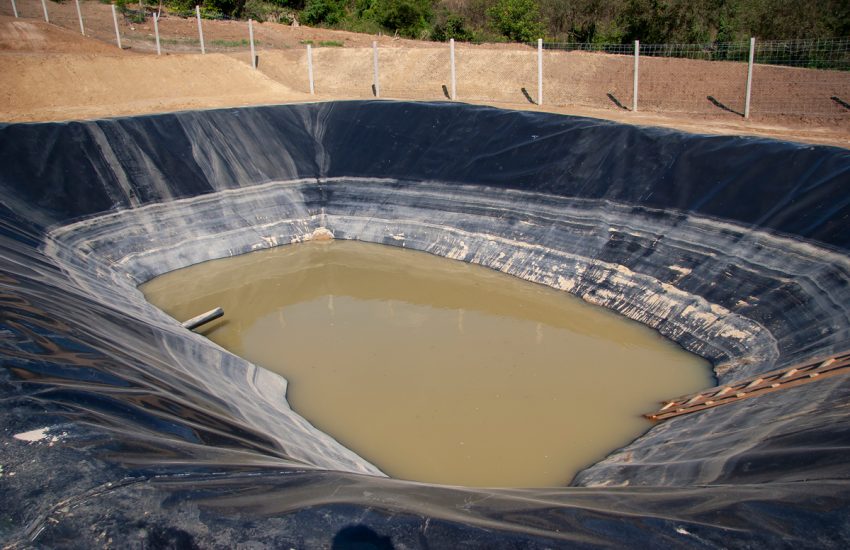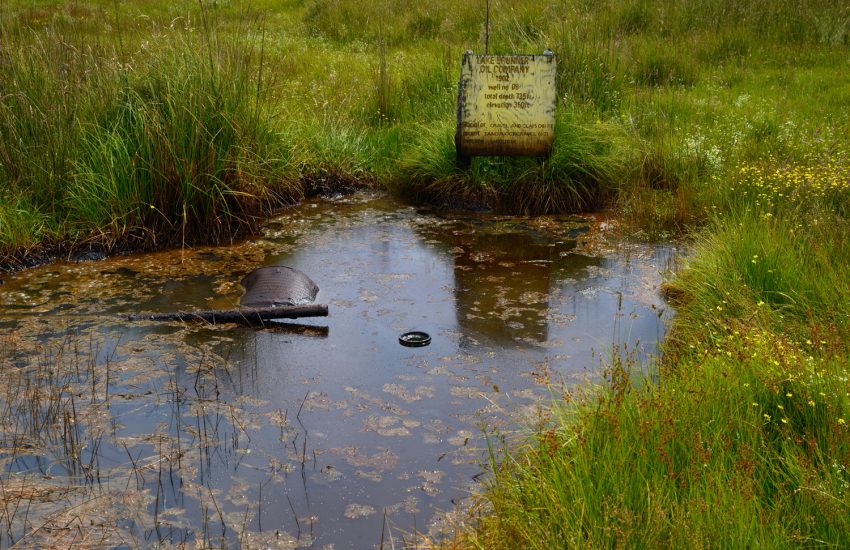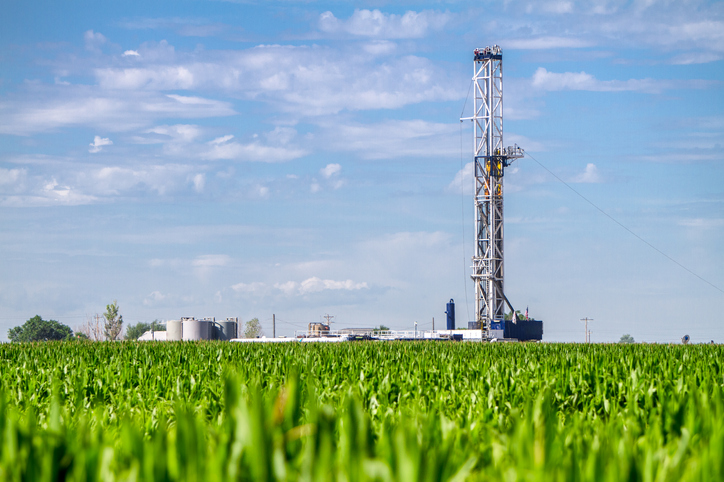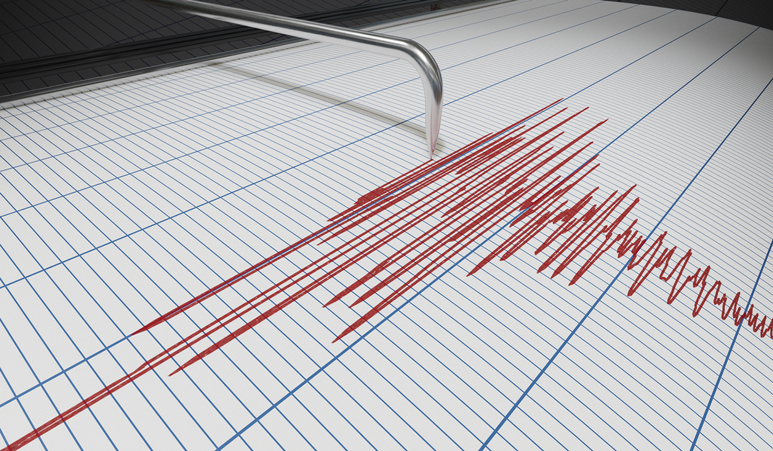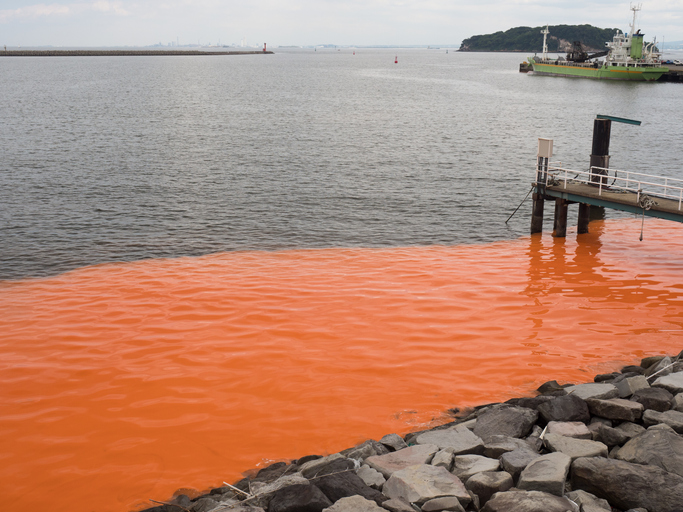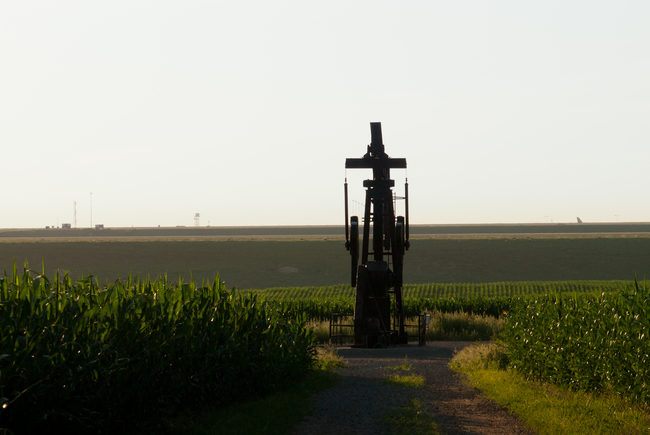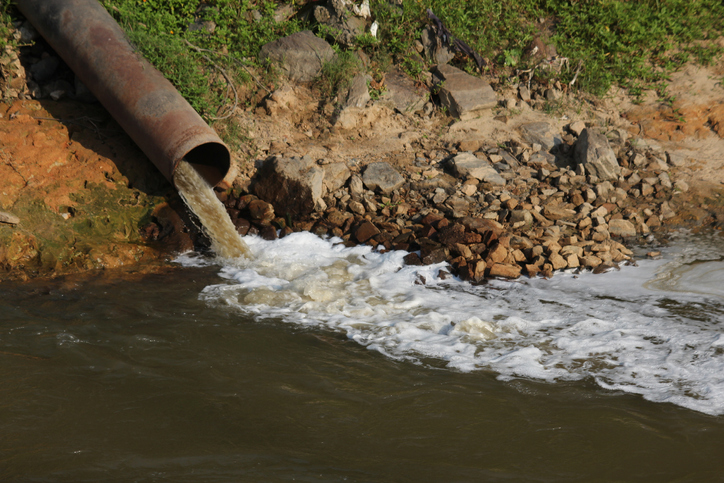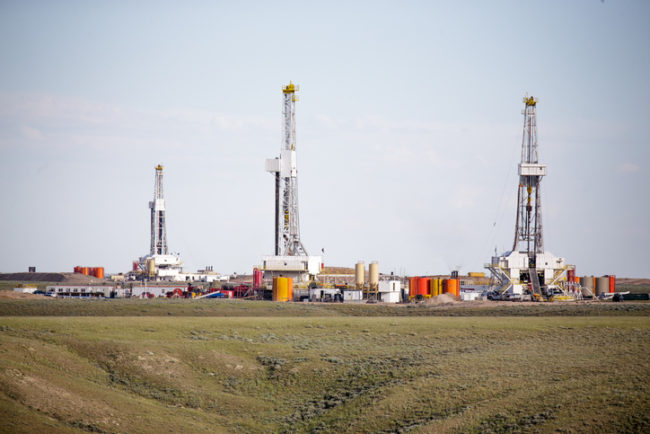On July 26, 2021, Pennsylvania Gov. Tom Wolf announced that his administration will soon require that all Pennsylvania landfills—including those that receive oil and gas waste from fracking—conduct quarterly testing of leachate (liquid generated during waste decomposition) for radiological contaminants. Gov. Wolf commented “[w]e take seriously our responsibility and duty as an environmental steward … This additional requirement will improve public confidence that public drinking water and our precious natural resources are being appropriately protected.”
While landfills are currently required to test leachate for various …
Continue Reading
